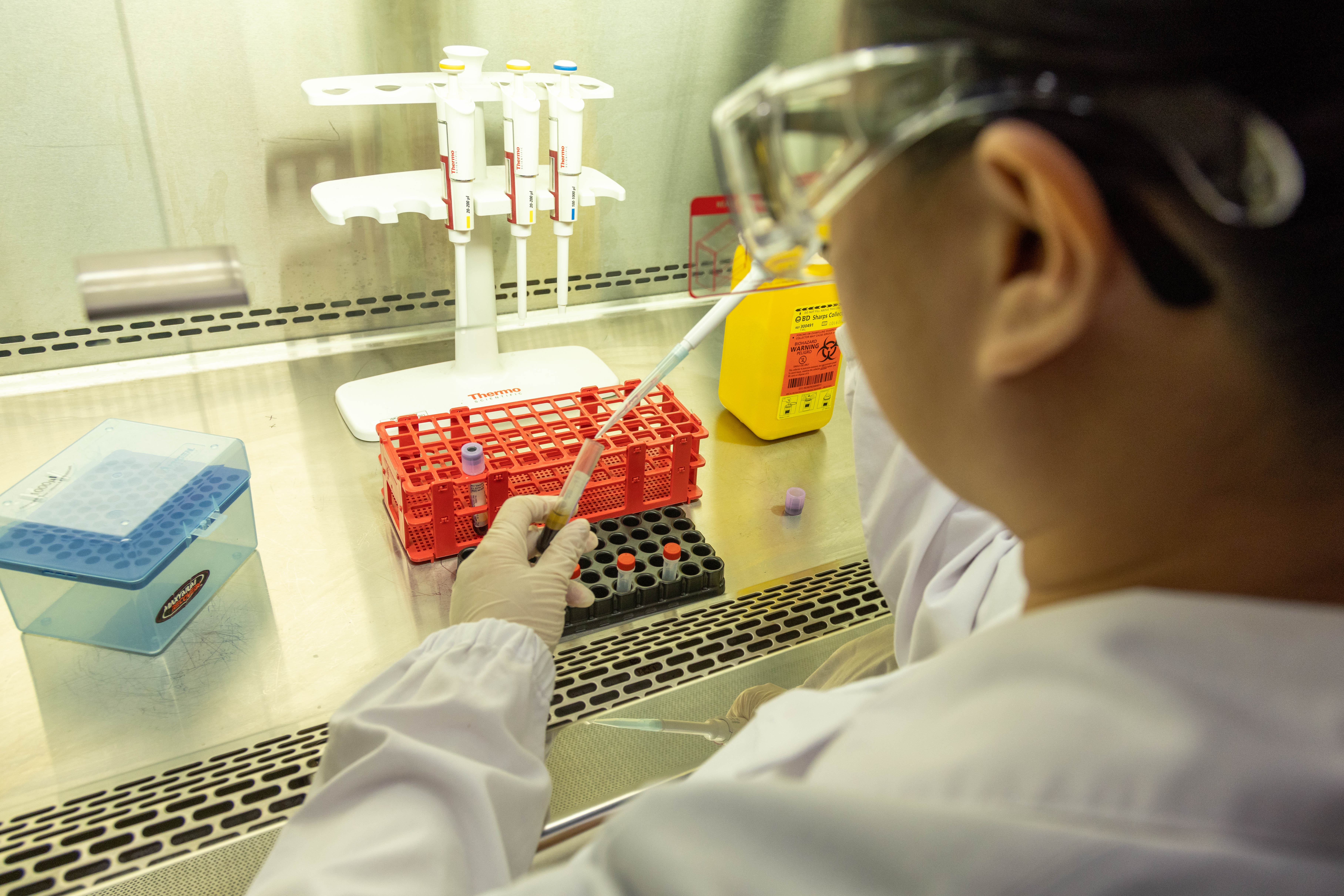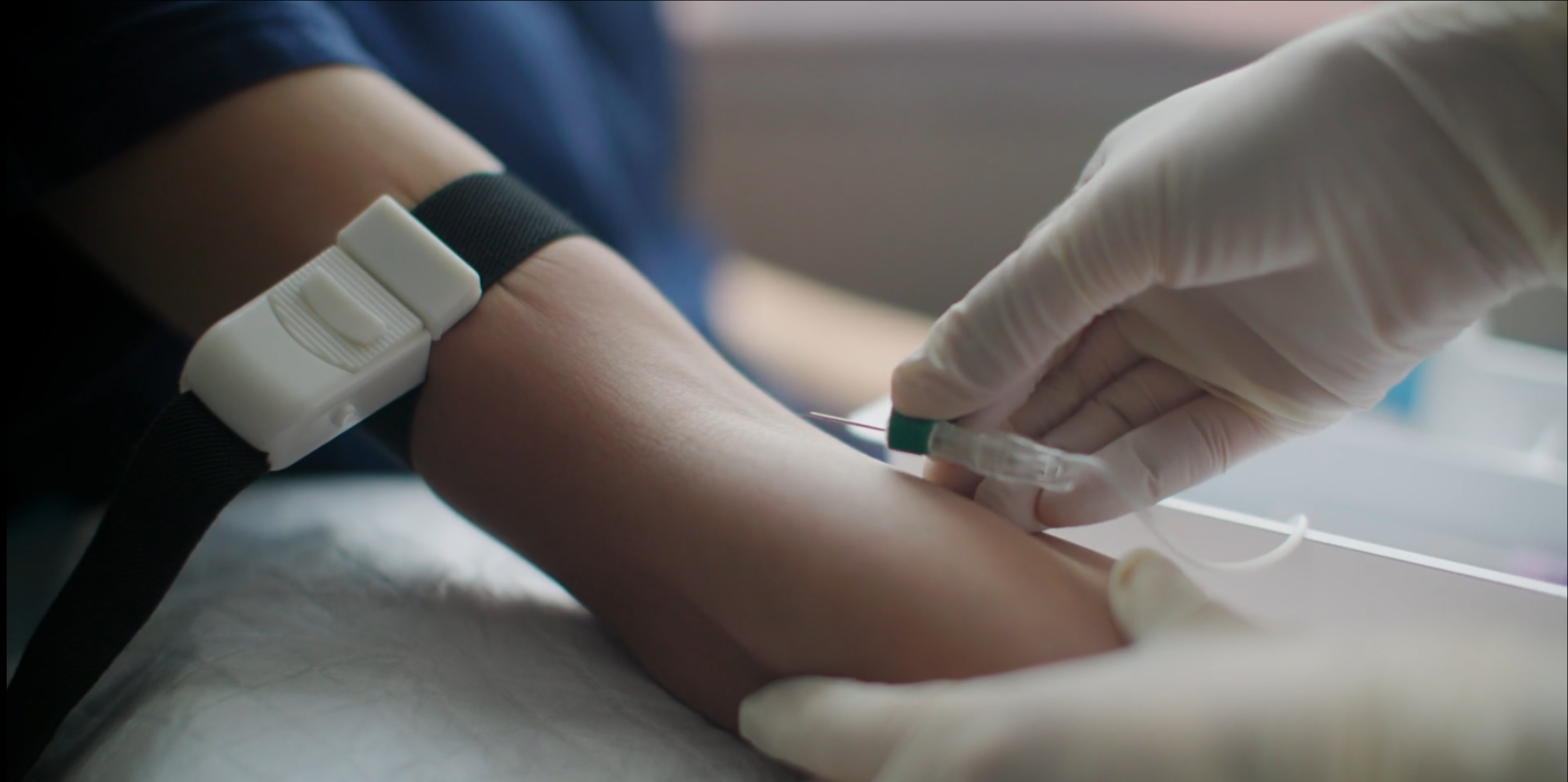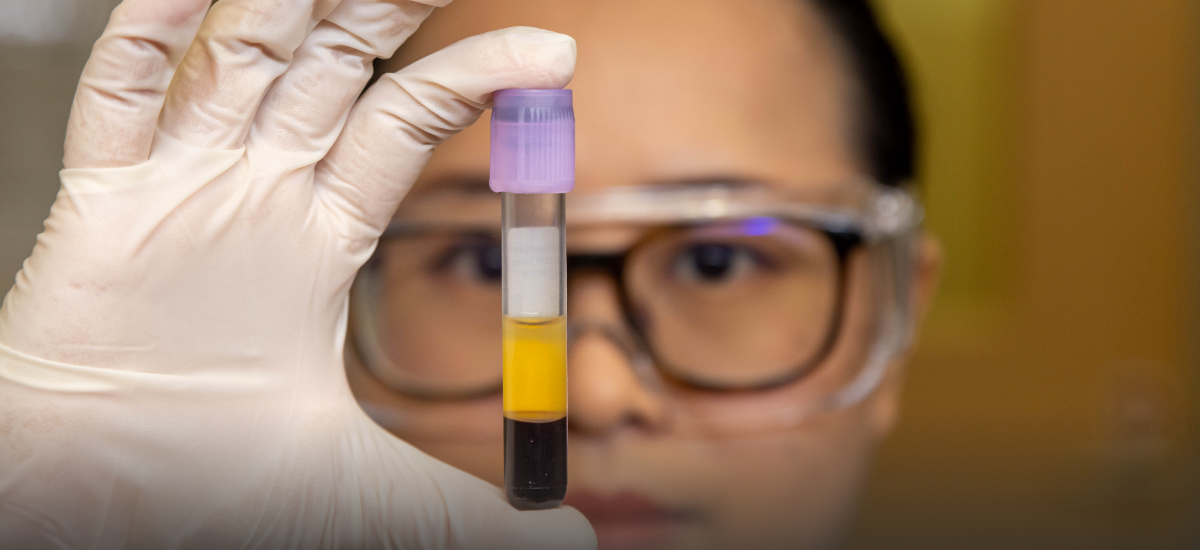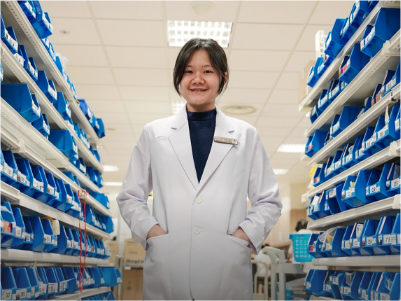Published on 22 January 2024
The PPGx (Pre-emptive Pharmacogenomics Programme) uses pharmacogenomics (PGx) testing to determine if a specific drug is unsafe or ineffective for you
Have you been taking your prescribed medication, but not experiencing the desired results?
Your genes could be the cause of this. Our genes, which consist of DNA, don’t just shape our appearance and other traits. Genes are like the instruction manual for our bodies, as they determine how our cells function, including how they process and respond to drugs.
While certain medications may be beneficial for some individuals, they may carry negative side effects for others. And it’s not an uncommon occurrence: A local study found that at least a quarter of Singaporeans carry a genetic variant that raises the risk of severe reactions to commonly-known medicines, including those used in the treatment of cancer.
“Knowing if someone carries such a genetic variant can help reduce side effects when these specific drugs are prescribed,” said Dr Elaine Lo, Lead Pharmacist of the PGx pilot and Principal Clinical Pharmacist, National University Hospital (NUH).
Enter pharmacogenomics, the study of how variants in genes affect our reaction to medications, thereby aiding in the development of effective, safe drugs that can be prescribed based on a person’s genetic makeup.
To advance knowledge in this field of precision medicine, the National University Health System (NUHS) is partnering other healthcare clusters to enrol 1,000 participants in a nationwide pilot study, known as the PPGx (Pre-emptive Pharmacogenomics Programme). It aims to get a sense of how the entire population — with its range of different genetic profiles — reacts to common drugs used for conditions such as stroke, inflammatory bowel disease and cancer. Enrolling in the study may inform you, ahead of time, if a particular drug is unsafe or ineffective for you.
Here's what to consider if you’re thinking of signing up for it
What is precision medicine and how can it help me?
It is an approach to disease management that accounts for the genetics, environment, and lifestyle of a person, allowing healthcare providers to create personalised treatment plans with enhanced outcomes. These are translated into minimised negative side effects and improved medication efficacy. Precision medicine can also empower patients with knowledge about their own genetic risks and susceptibilities, to guide lifestyle choices and preventive health measures. For instance, someone who is more genetically predisposed to cardiovascular disease may choose to adopt a heart-healthy diet, engage in regular exercise, and manage stress effectively.

What does the study aim to achieve?
By testing a panel of genes that affect drug safety and efficacy, the study aims to help doctors identify which drug and dosage work best for the patient and which type of drug to avoid.
What makes the PPGx study so unique?
The tests conducted in this study can simultaneously analyse a panel of genetic markers, which have the potential to influence a patient’s response to drugs. This marks a shift from the traditional approach of analysing specific markers individually each time a medicine is needed and gives clinicians a more comprehensive overview of participants’ genetic profiles.

Why should I sign up for this study?
Pharmacogenetic testing has been shown to reduce clinic and emergency department visits as well as length of hospital stays. In Singapore, adverse reactions associated with carbamazepine — which is used to treat certain types of seizures — were reduced by 92 per cent within five years, since tests for the drug was implemented.
Who can sign up for this study?
The study is open to patients aged 21 and older who are presently receiving care for most medical conditions. Recruitment is progressively rolled out in participating institutions including NUH, Alexandra Hospital (AH), Ng Teng Fong General Hospital (NTFGH), Tan Tock Seng Hospital (TTSH) and National Cancer Centre Singapore (NCCS). It does not cost the patient anything.

How is the study being conducted?
Participants will have their blood sample drawn and screened for genetic variants to determine if certain classes of drugs would be safe or have good efficacy for them. They will receive a report containing their test results within several weeks. This will be incorporated into the existing electronic medical records system in public hospitals and trigger a notification if their doctors prescribe drugs which require modification based on the genomic profile.
How can I use my pharmacogenomics report?
If participants have additional queries regarding their pharmacogenomics test report, they can email a dedicated mailbox to request for a report review, receive counselling or learn how to use it to advocate for themselves at future medical appointments.
In consultation with Dr Elaine Lo, Lead Pharmacist of the PGx pilot and Principal Clinical Pharmacist, NUH.
Keen on making a positive impact on the community? Click here to find out more about joining us as an Allied Health Professional.




.png?sfvrsn=8a80b0e7_1)